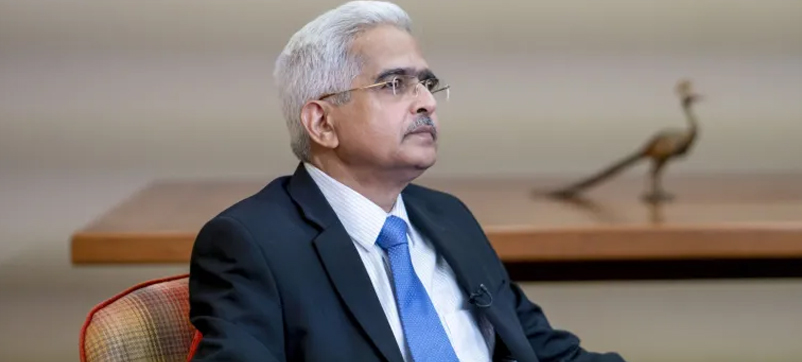The Reserve Bank of India (RBI) stands apart as a rare example of a central bank today that has shunned interest rate hikes in the post-pandemic era and remained open to rate cuts, despite rising inflation.
As the RBI’s monetary policy committee (MPC) meets from April 6-8 to decide its latest interest rate policy, official documents reviewed by The Reporters’ Collective (TRC) and Al Jazeera show the RBI has so far kept interest rates low by exploiting what the Ministry of Finance treats as a built-in “escape clause” in the monetary policy, which permits inflation to rise above the mandated target of 4 percent.
In the process, the federal government has been able to borrow much-needed funds from the markets at lower costs since the RBI is also tasked with managing the sovereign debt.
TRC obtained the documents, part of a trove that forms the basis of a three-part investigative series into the Modi government’s influence over the central bank, under the Right to Information Act.
At its December 2021 meeting, the RBI’s MPC kept interest rates unchanged, saying the economic recovery needed “sustained policy support” and that it would “wait for growth signals to become solidly entrenched while remaining watchful on inflation dynamics”. In February 2022, the RBI surprised observers by again declining to change its monetary policy stance, citing “uncertainties related to Omicron and global spillovers” and a manageable inflation outlook.
The decisions have triggered debate among policy analysts, some of whom took it as evidence of the RBI giving greater priority to its other objectives of growth and public debt management. Since the RBI borrows for the government, lower interest rates help the government raise money at lower rates from the market.
Das, in his public statements, has justified the MPC’s decisions by maintaining that the central bank is prioritising economic growth.
“While on the face of it the RBI says that growth is a priority, we feel it’s primarily their debt management responsibility that has prevented them from increasing the interest rates,” says Radhika Pandey, a senior fellow at the National Institute of Public Finance and Policy (NIPFP).
“The RBI should have at least acknowledged that inflation is getting entrenched,” she adds. Pandey is among those who worked closely with the finance ministry to help draft India’s inflation-targeting monetary policy framework.
Amid spiking inflation worldwide, central banks are winding down easy money policies. The Bank of England recently raised interest rates for the third time in a row, while the US Federal Reserve in March carried out the first of six planned rate hikes for this year. Even the emerging market central banks in Brazil, Mexico, South Africa, Chile, Russia, to name a few, have started increasing rates, keeping price stability as their priority.
Source : https://www.aljazeera.com/economy/2022/4/6/has-indias-central-bank-avoided-tackling-high-inflation
